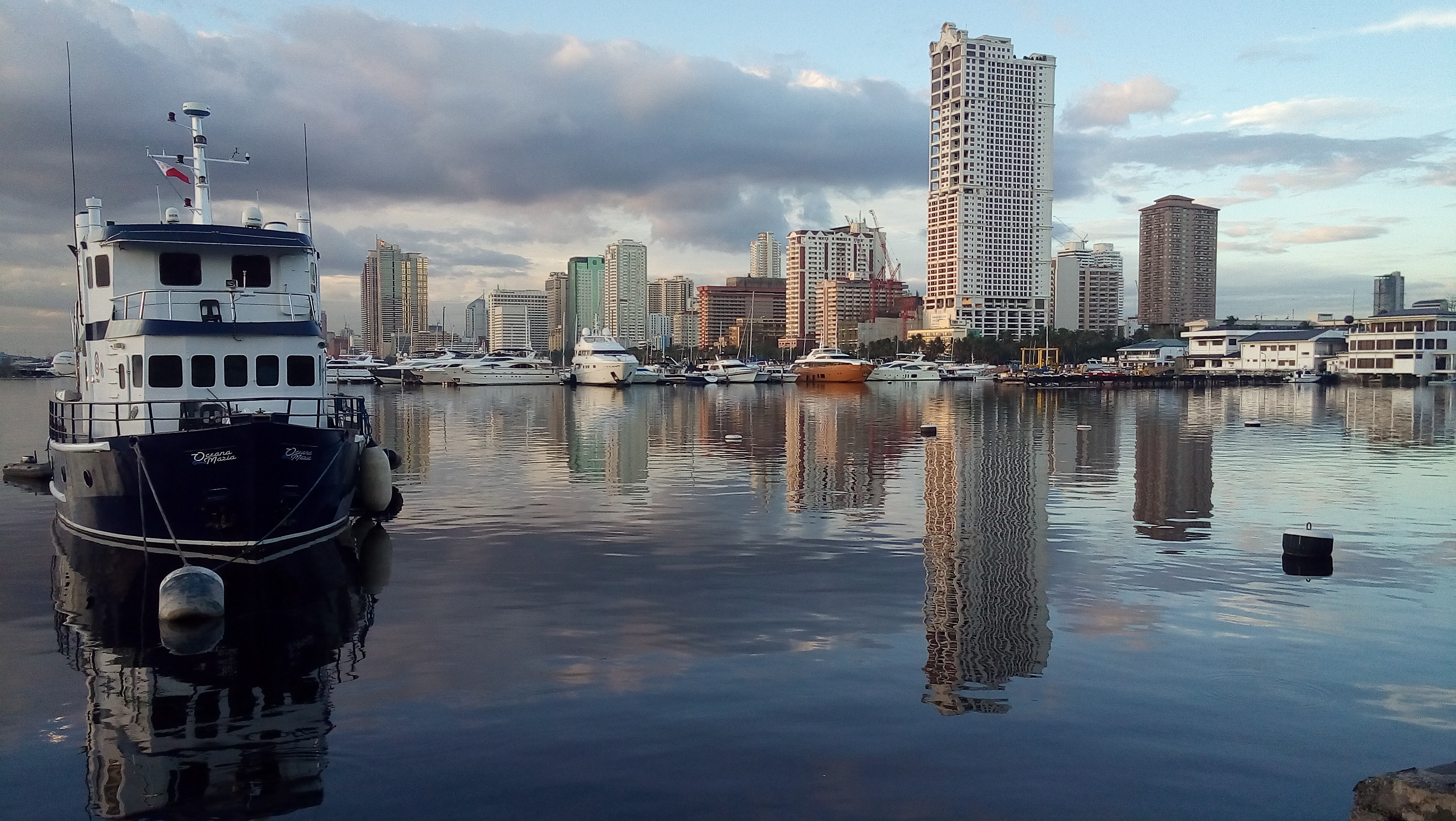
President Rodrigo Duterte signed an administrative order (AO), creating a task force to speed up the rehabilitation and restoration efforts at the Manila Bay.
Duterte created the Manila Bay Task Force through AO No. 16 which he signed on Tuesday, February 19. A copy of the order was only made public on Thursday, February 21.
The task force will be chaired by the secretary of the Department of Environment and Natural Resources (DENR), with the secretaries of the Department of the Interior and Local Government (DILG) and the Department of Tourism (DOT) serving as vice chairpersons.
Other members include: secretaries of the Department of Public Works and Highways (DPWH), Department of Health (DOH), and Department of Agriculture; chairmen of the Housing and Urban Development Coordinating Council (HUDCC) and Metro Manila Development Authority (MMDA); executive director of Pasig River Rehabilitation Commission (PRRC); administrators of Local Water Utilities Administration (LWUA) and Manila Waterworks and Sewerage System (MWSS); director of the Philippine National Police (PNP); commandant of the Philippine Coast Guard (PCG); Philippine Ports Authority (PPA) general manager; and representatives from the Manila Water Company, Inc. and MAYNILAD Water Services, Inc.
Powers and functions
Stated in the AO, the Manila Bay Task Force is mandated to enforce relevant provisions of the Code on Sanitation of the Philippines to “ensure the complete rehabilitation, restoration and conservation of the Manila Bay.”
It should require all government facilities, subdivisions, condominiums, commercial centers, hotels, sports and recreational facilities, hospitals, market places, and other establishments to “immediately” connect their sewage lines to available sewerage systems or sewerage treatment plants (STPs). At the same time, it is directed to impose fines, penalties, and other administrative sanctions to those who will not comply.
The task force should also use engineering and technological interventions to improve the water quality of the Manila Bay.
Within 60 days from the issuance of the AO, the group shall prepare a comprehensive plan for massive relocation of informal settler families (ISFs) and another plan to expedite the local sanitation program local government units (LGUs) within the Manila Bay Region by 2026.
Moreover, the Manila Bay Task Force must ensure that concerned agencies and LGUs held liable those violators of environmental laws.
A “massive” information, education, and communication drive should also be conducted by the task force in collaboration with the Department of Education (DepEd), Commission on Higher Education (CHED), Presidential Communications Operations Office (PCOO), and affected LGUs to obtain public support on the Manila Bay clean-up.
Lastly, the group is mandated to improve resource management of the Manila Bay and create models of inter-LGU cooperation in ecosystem management, with special focus on the Laguna Lake and Pasig River.
The plan to rehabilitate Manila Bay came after President Rodrigo Duterte threatened to shut down the establishments polluting the Manila Bay.
On Tuesday, the Laguna Lake Development Authority (LLDA) tagged more establishments found violating the environmental laws as it issued cease and desist orders (CDOs) against Max’s Restaurant UN Orasa, Jollibee Macapagal Biopolis, Lamer Catering, HengFeng Kitchenette and Nihon Bashitei Japanese Food for discharging wastewater into the bay.